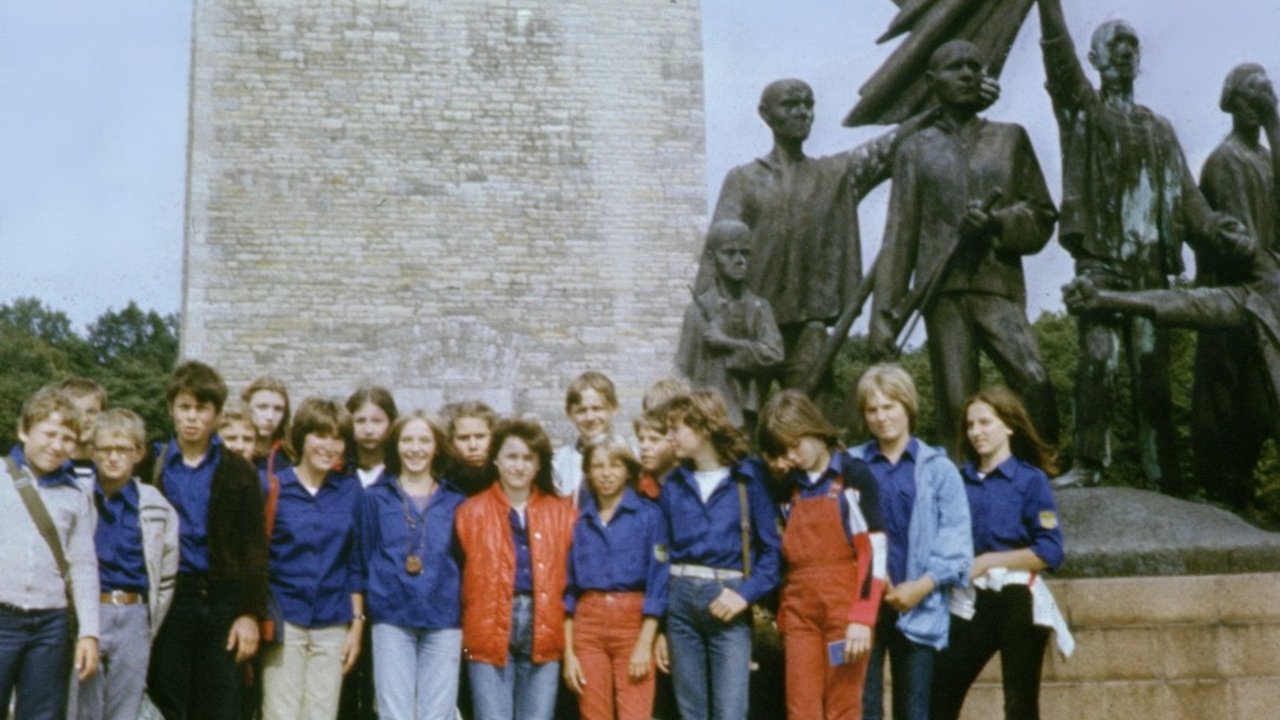

Erfurt - Gesichter eines Bezirkes(1987)
Documentary film about the agricultural and industrial district in Thuringia. The focus is on the district town of Erfurt, with Gotha, Eisenach and Weimar as other towns worthy of mention and steeped in tradition. This documentary, which has the characteristics of a promotional film, still bears witness to the wealth of its owners and the cities, but more than ever to all those who used their skills in the context of monument protection in the GDR to restore these buildings with their Gothic and Renaissance splendor and preserve them for posterity forever.

Movie: Erfurt - Gesichter eines Bezirkes

Erfurt - Gesichter eines Bezirkes
HomePage
Overview
Documentary film about the agricultural and industrial district in Thuringia. The focus is on the district town of Erfurt, with Gotha, Eisenach and Weimar as other towns worthy of mention and steeped in tradition. This documentary, which has the characteristics of a promotional film, still bears witness to the wealth of its owners and the cities, but more than ever to all those who used their skills in the context of monument protection in the GDR to restore these buildings with their Gothic and Renaissance splendor and preserve them for posterity forever.
Release Date
1987-08-04
Average
0
Rating:
0.0 startsTagline
Genres
Languages:
DeutschKeywords
Similar Movies
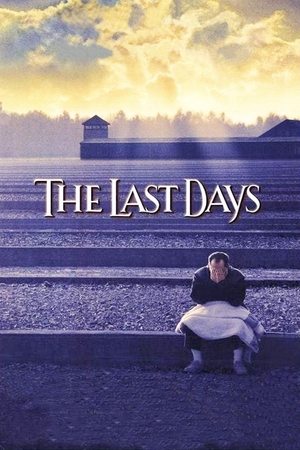 7.6
7.6The Last Days(en)
Five Jewish Hungarians, now US citizens, tell their stories: before March 1944, when Nazis began to exterminate Hungarian Jews, months in concentration camps, and visiting childhood homes more than 50 years later. An historian, a Sonderkommando, a doctor who experimented on Auschwitz prisoners, and US soldiers who were part of the liberation in April 1945.
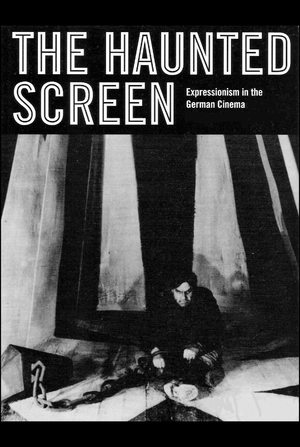 0.0
0.0The Haunted Screen: German Film After World War I(en)
In this film essay, critic Peter Buchka explores the German cinema of the 1920s, ranging from the disquieting images of Fritz Lang's Metropolis to the castrating sexuality of Marlene Dietrich in Die Blaue Engel. The program provides an introduction to Weimar cinema, with Buchka's essay narrated over the images from film clips of 1920s era German films.
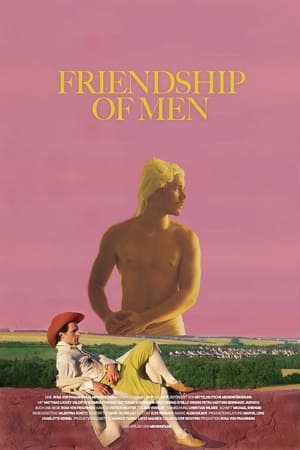 5.5
5.5Friendship of Men(de)
In this docudrama Rosa von Praunheim looks into Johann Wolfgang von Goethe’s sexual orientation, especially into his erotic experiences during his travels in Italy. Contrary to the common belief, von Praunheim argues that Goethe was not a heartbreaker and conqueror after all. It was only in Italy, that he had diverse sexual experiences, not least with men. Von Praunheim bases his assumption on letters written by Goethe to his friend Friedrich Heinrich Jacobi about these sexual encounters. Some of the content of these letters is re-encated in the film. At the same time, historians and linguists analyse and classify the letters into their historical context.
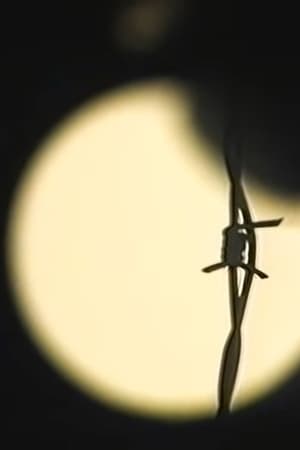 6.0
6.0"KZ Buchenwald. Aushalten. Wir eilen euch zur Hilfe"(de)
Former inmates and American soldiers remember the cruel conditions in Buchenwald concentration camp.
13. Parteitag der Liberal-Demokratischen Partei Deutschlands, Weimar 1982(de)
Report from the party congress of the Liberal Democratic Party of Germany (LDPD) from April 5 to 7, 1982 in Weimar.
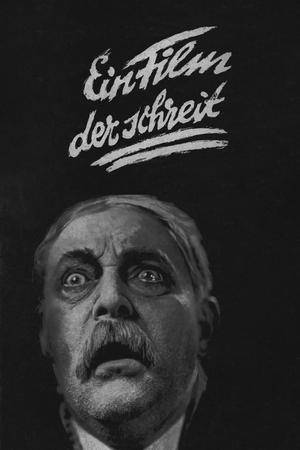 8.0
8.0Bookkeeper Kremke(de)
In this realistic, unsentimental portrait of Germany’s dire economic situation, a middle-aged payroll clerk loses his job due to technological advances and, unable to find another, descends into despair. The film’s director, Marie Harder, was one of only a few women directors of the time and was also the head of the German Social Democratic Film Office. She made only two known films before her accidental death in exile in Mexico in 1936.
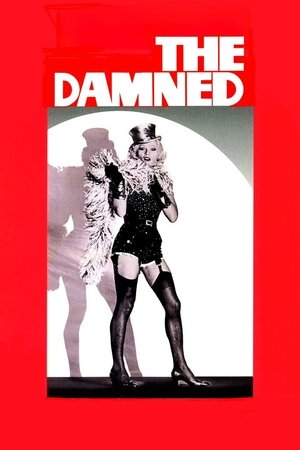 7.3
7.3The Damned(it)
In the early days of Nazi Germany, a powerful noble family must adjust to life under the new dictatorship regime.
 7.2
7.2Asphalt(de)
One of the last great German Expressionist films of the silent era, Joe May’s Asphalt is a love story set in the traffic-strewn Berlin of the late 1920s. Starring the delectable Betty Amann in her most famous leading role, Asphalt is a luxuriously produced UFA classic where tragic liaisons and fatal encounters are shaped alongside the constant roar of traffic.
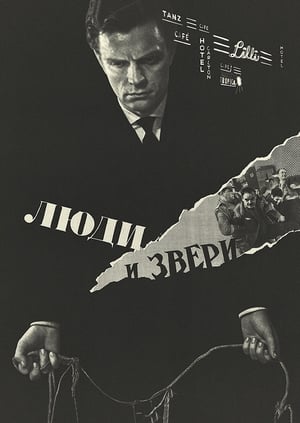 5.6
5.6Men and Beasts(ru)
The plot is based on the dramatic fate of the Red Army commander Aleksei Ivanovich Pavlov. Having been captured in January 1942 and being among the displaced persons, he didn't immediately decide to return to the USSR. Having rolled around the foreign country for 17 years, Aleksei nevertheless returned to his homeland. He goes to his brother in the south of the country to Sevastopol. Aleksei accidentally meets the doctor Anna Andreyevna, who was saved from death in besieged Leningrad. She travels by car from Moscow and also to the south, with her daughter Tanya; she suggests he join them. Aleksei tells about his life on the road.
 10.0
10.0Motherland(en)
A lighthearted psychodrama about mommy issues and Hillary Clinton.
1933: The Fall of Weimar Republic(en)
The Weimar Republic came to bear for many the humiliation of World War I and the blame for all its accompanying hardships. Despite a few years of stability, the Weimar Republic faced issues such as hyperinflation and the Great Depression, which drove many Germans into the arms of radical and extremist political parties. From this political uncertainty rose a demigod, an unexpected leader who promised to revive Germany to the powerful country it once was. Adolf Hitler converted democracy into a dictatorship, causing the fall of the Weimar Republic.
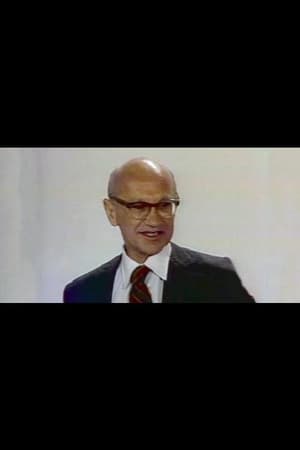 0.0
0.0Who Protects the Consumer?(en)
Lecture given at Ford Foundation in New York City as part of the 'Milton Friedman Speaks' series.
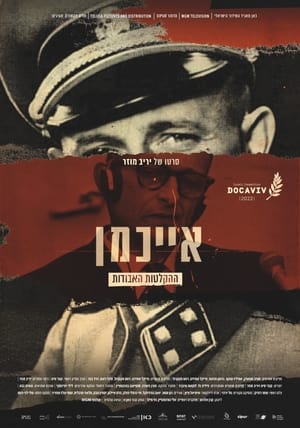 6.0
6.0The Devil's Confession: The Lost Eichmann Tapes(en)
A few weeks before the opening of the Eichmann trial, transcripts of recorded conversations that Adolf Eichmann had with a Dutch Nazi journalist, Willem Sassen, were mysteriously handed over to prosecutor Gideon Hausner. The conversations were held a few years before Eichmann was brought to Israel by the Mossad. During the trial, Eichmann tried to convince that he was only a bureaucrat who carried out orders, but in the transcripts, Eichmann was found boasting and proud of his significant role in planning and executing the Final Solution. For the first time, we will confront Eichmann with himself in full color, revealing the hidden factors and motives that succeeded in hiding these recordings.
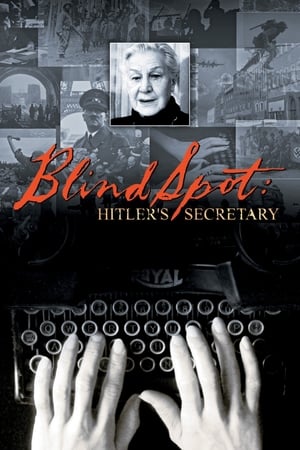 6.4
6.4Blind Spot: Hitler's Secretary(de)
Documentarians Andre Heller and Othmar Schmiderer turn their camera on 81-year-old Traudl Junge, who served as Adolf Hitler's secretary from 1942 to 1945, and allow her to speak about her experiences. Junge sheds light on life in the Third Reich and the days leading up to Hitler's death in the famed bunker, where Junge recorded Hitler's last will and testament. Her gripping account is nothing short of mesmerizing.
Screening from Within(zh)
"Screening from Within" juxtaposes the historical trajectories of the Chinese adoption of the Soviet “cinefication” movement and the contemporary transformations of itinerant film projection in China. Migrant workers of Beijing and Chengdu, rural inhabitants of Anhui, Sichuan and the Aba Tibetan Autonomous Prefecture, as well as projectionists from today and yesterday, share their thoughts, memory and experience about government and NGO-sponsored film screenings. Many of them remember the times when itinerant screening attracted huge crowds of viewers. Others—the younger ones—take video cameras in their own hands to film “from within.”
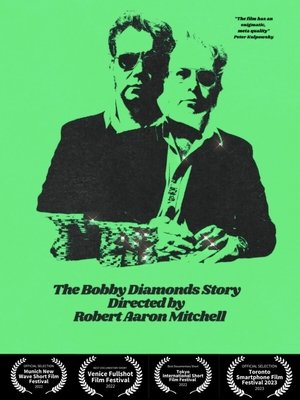 10.0
10.0The Bobby Diamonds Story(en)
Underground poker player Bobby Diamonds enters the spotlight in this hallucinatory, hilarious, and heartfelt documentary. Directed, Produced, and Edited by Robert Aaron Mitchell Executive Producer Sarah Dillard Mitchell Winner of Best Short Documentary Tokyo International Short Film Festival (2022) Winner of Best Short Documentary Venice Fullshot Film Festival (2022) Official Selection Munich New Wave Short Film Festival (2022) Official Selection Toronto Smartphone Film Festival (2023)
 10.0
10.0Smokehouse(en)
A group of friends reunite in the north of Scotland during summer.
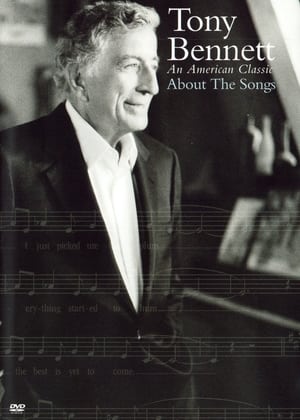 0.0
0.0Tony Bennett: An American Classic About the Songs(en)
Tony Bennett's 80th Birthday Celebration continues! In support of his Platinum and Grammy Award-winning CD, Duets: An American Classic, comes this revealing new documentary that highlights 12 of the groundbreaking Tony Bennett hits before they became Duets. About the Songs is a 30-minute documentary that chronicles the stories behind some of the great songs that defined Tony's career and played an undeniably important role in the American Songbook, such as RAGS TO RICHES, FOR ONCE IN MY LIFE and I LEFT MY HEART IN SAN FRANCISCO. Joining the discussion is noted George Washington University musicologist, Richard Golden, who provides great insight as both a music expert and Tony's friend. Hundreds of archived and rare photographs and memorabilia add to this intimate look into the life and memories of Tony Bennett and his music. Experience the stories behind the songs that have shaped the unprecedented career of this music and cultural icon.
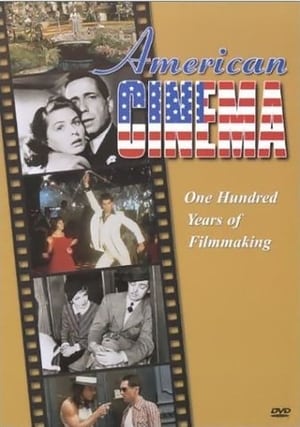 0.0
0.0American Cinema(en)
The history of Hollywood and filmmaking comes alive in this spectacular nine hour celebration of movie magic. It's a mesmerizing, epic analysis that combines rare archival film, key scenes from immortal movies, interviews with leading filmmakers and commentary from noted film scholars and critics. As seen on PBS, this highly acclaimed series is the definitive chronicle of the American cinema, from its beginning to today. Includes interviews with Robert Altman, Clint Eastwood, Harrison Ford, Spike Lee, George Lucas, Sidney Lumet, Julia Roberts, Martin Scorsese, Gene Siskel, Steven Spielberg, Oliver Stone, Quentin Tarantino, and many more. A New York Center for Visual History Production in co-production with KCET and the BBC
